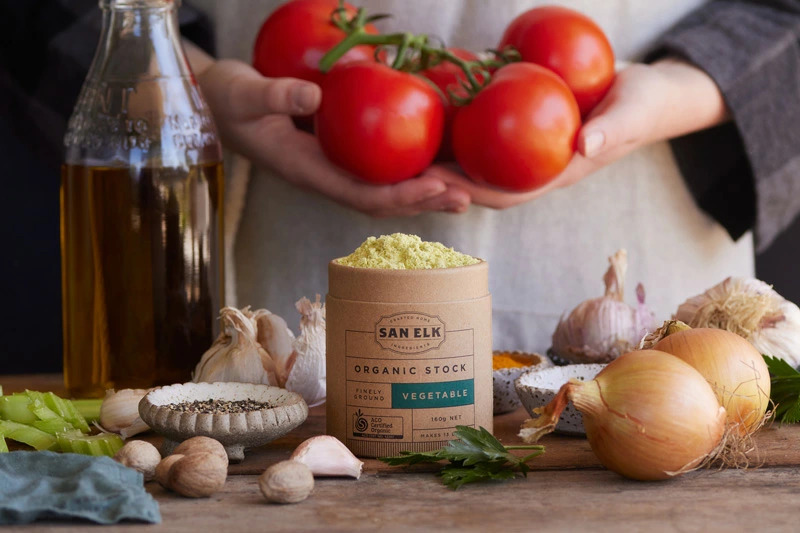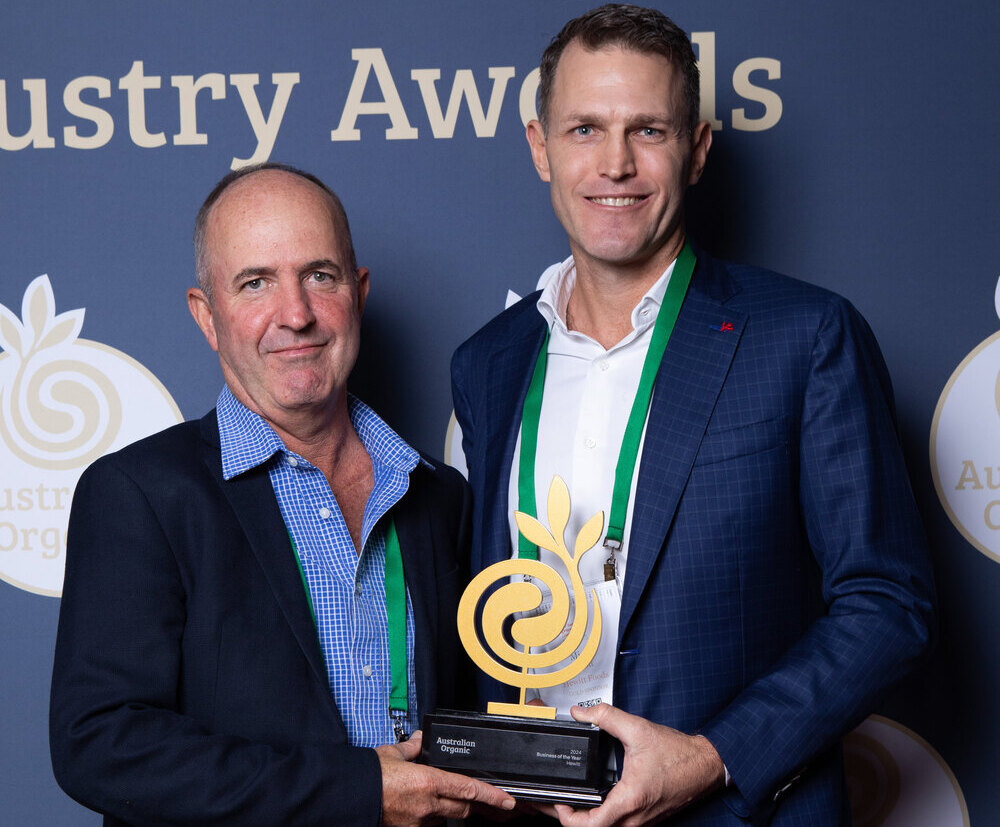Did you know that in Australia there is currently no regulation surrounding the use of the word ‘organic’? This means that products that contain as little as 2% of organic ingredients can still claim to be organic on the label.
Despite being one of the first countries to develop a strict standard for organic exports, Australia is now one of the last countries in the world to have regulation around the term organic in the domestic market.
A little bit of history
Australia was one of the first countries outside of Europe to develop an organic ‘National Standard’ back in 1992. This world-class standard was written to provide reassurance for consumers by making sure that all organic produce adhered to strict standards including certification and auditing processes. A good start!
However, the standard was only applied to products being exported outside of Australia and was not enforced at home – although it was intended to be. On 10 February 1992, the then Minister for Primary Industries and Energy, Simon Crean, stated in a press release, “I therefore intend to request the new National Food Authority to take the necessary action to ensure the regulatory controls on the domestic market parallel those which I am implementing for export.”
Despite the original intentions, the National Standard was never enforced at a domestic level, however became a voluntary certification, and as such there is no current domestic regulation for the term ‘organic’ in Australia. Instead, several variations of the National Standard exist within Australia, and organic products that are both produced and sold on our shores are not required to be certified organic unless they are being exported overseas.
Confusion for consumers
For consumers, the different labels, health claims and certification marks on products can become a bit overwhelming. Many consumers are being misled when they purchase what they think are organic products. Since products with only 2% of organic ingredients can claim to be organic, many ‘fake organic’ products are now flooding the shelves and online stores – meaning that many of us are being fooled at the checkout.
The lack of domestic regulation not only creates confusion for those who purchase organic, but also doesn’t provide a level playing field for the organic farmers, brands and businesses who invested significant time, money and effort to gain certification. Organic certification requires a lot of dedication (it can quite literally take years!) and those that do not certify can still claim their products are organic even if they only contain a small amount of organic ingredients.
Many export markets also find this confusing. Our strict standards for exports but unclear standards at home are presenting problems when it comes to trade agreements with other countries such as the USA, who found the lack of domestic regulation a barrier to achieving standard recognition and equal market access.
Domestic regulation for the term organic would not only provide clearer choices for consumers but could present further export opportunities for Australian-made organic products and provide a more level playing field for organic businesses.
Consumer survey
It turns out that many of you agree that we need organic domestic regulation.
Australian Organic conducted a recent online survey of 948 consumers*; 79% of which said they purchased organic products on a regular basis (69% purchased fortnightly or more, and 90% purchased once a month or more).
80% of those surveyed said that they look for a certification mark when purchasing organic products and just 22% said they were aware that products with as little as 2% organic ingredients can currently claim to be organic in Australia.
When asked if they knew the difference between products that say they are organic and products that are certified organic, 57% of consumers responded that they did, whereas 43% admitted they did not know the difference.
61% said they would not purchase an organic product if it was not certified, and 70% said that they were not comfortable buying a product that claims to be organic but it not certified.
A staggering 96% said that they felt that it was important for organic products to adhere to a strict set of standards through certification, and a concerning 61% of consumers surveyed said they had previously purchased products that claimed to be organic only to find that they were not what they expected after purchasing.
Making a change
So, what can you do to help? It’s simple really. Support certified organic brands, businesses and farmers by buying certified organic. Always look for certification logos on your organic purchases to ensure that they are truly organic, and report products with misleading labels to the ACCC. Join in with awareness campaigns such as Australian Organic Awareness Month in September and celebrate the growing organic industry in Australia.
For more information, visit: austorganic.com/domestic-regulation-in-2020
*Australian Organic Ltd. (2020). Fake Organics – Are you getting fooled at the register? Domestic Regulation Consumer Survey (SurveyMonkey online survey 31.03.2020)






